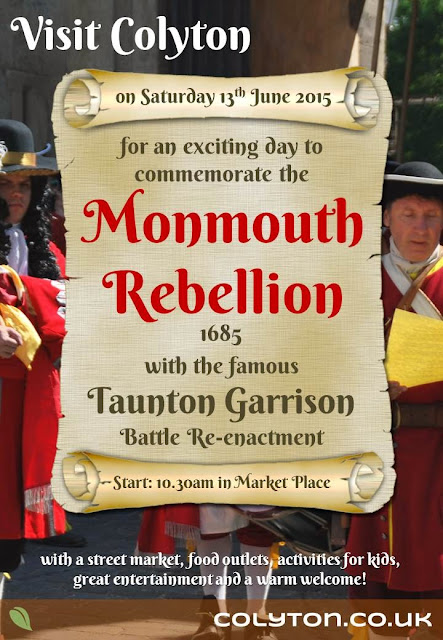LIFE ON A DARTMOOR SCRAPYARD - PEGGY HARRIS
Gentrification has a lot to answer for. Unless you're middle class and slumming it or you're living in downtown New York during the early 1970s, no-one likes to live in a crap hole. There's nothing wrong with a bit of tidying up, a bit of good housekeeping, or even a bit of modernization which is all things gentrification brings but the problem is the displacement. The pushing out or even the forced removal of the local populace to make way for a whole other and mostly much wealthier populace. With gentrification comes also homogenization and the flattening-out of culture where everyone likes the same things and behaves the same way. Where the only areas that cultural differences are exchanged are safe ones such as in the liking of culturally-different music or clothes. This then all leads to a monoculture, terminal boredom, the death of imagination and ultimately the death of any sense of real community.
Gentrification is mostly associated with cities but it also takes place out in the countryside where once-working farms and even chapels are turned into holiday homes or are bought-up by would-be developers, renovated and then sold at prices well beyond the means of local people.
Life On A Dartmoor Scrapyard by Peggy Harris is a collection of childhood memories and anecdotes from when the author did indeed grow up on a scrapyard on the edge of Dartmoor, near a village called Chagford. It's a collection of stories about a time, a place and of people that you just don't encounter nowadays, having all been squeezed-out and side-lined by economics and legislation. Leaving the world, it must be said, as a much poorer place.
To be clear, Peggy's childhood was never an easy one not least from having no mains water and no mains electricity, where the family's drinking water was fetched from the nearby river. We're talking the 1970s here. Her childhood was, however, a very special one and though money may have been in short supply she and her family were rich in the things that money cannot buy: a closeness to nature, the freedom to roam, the schooling in life-lessons and life-skills far beyond anything the national curriculum could ever imagine.
Peggy's father was called Sam, and that's him in the photo on the cover of the book. 'A gentleman and friend, known by all, loved by many' as it declares on his gravestone, having passed away in 1988. Sam Harris was the kind of character you would only find in the countryside. Devon born and bred. The kind of character that nowadays you very rarely hear of the one-time existence of let alone actually meet. The kind whose home and birthright has now been taken over by more often than not Londoners with more money than sense.
'He often said that he never wanted to be the richest man in the churchyard,' Peggy writes 'As long as he had enough food to eat and enough money in his pocket to have a deal, he was happy.'
Sam was a legend and an example to us all of the heritage we are losing and are never going to get back, and Life On A Dartmoor Scrapyard is an ode to him. It's a love letter from Peggy to her Father, her Mother, her two brothers and also to her childhood self. It's a reminder of a time now gone. A funny and very wonderful picture of what it was to be young when the world was what you made it, not something you purchased online.
Apparently, the original print run of 1,000 copies of Peggy's book sold out in a fortnight and when she did a book signing at a local pub in Chagford she signed and sold over 250 copies, with people queuing up all the way down the road to get in and meet her. Which all goes to show, of course, an interest in if not a yearning for the world that Peggy describes from those who are aware that another world is possible.
John Serpico











